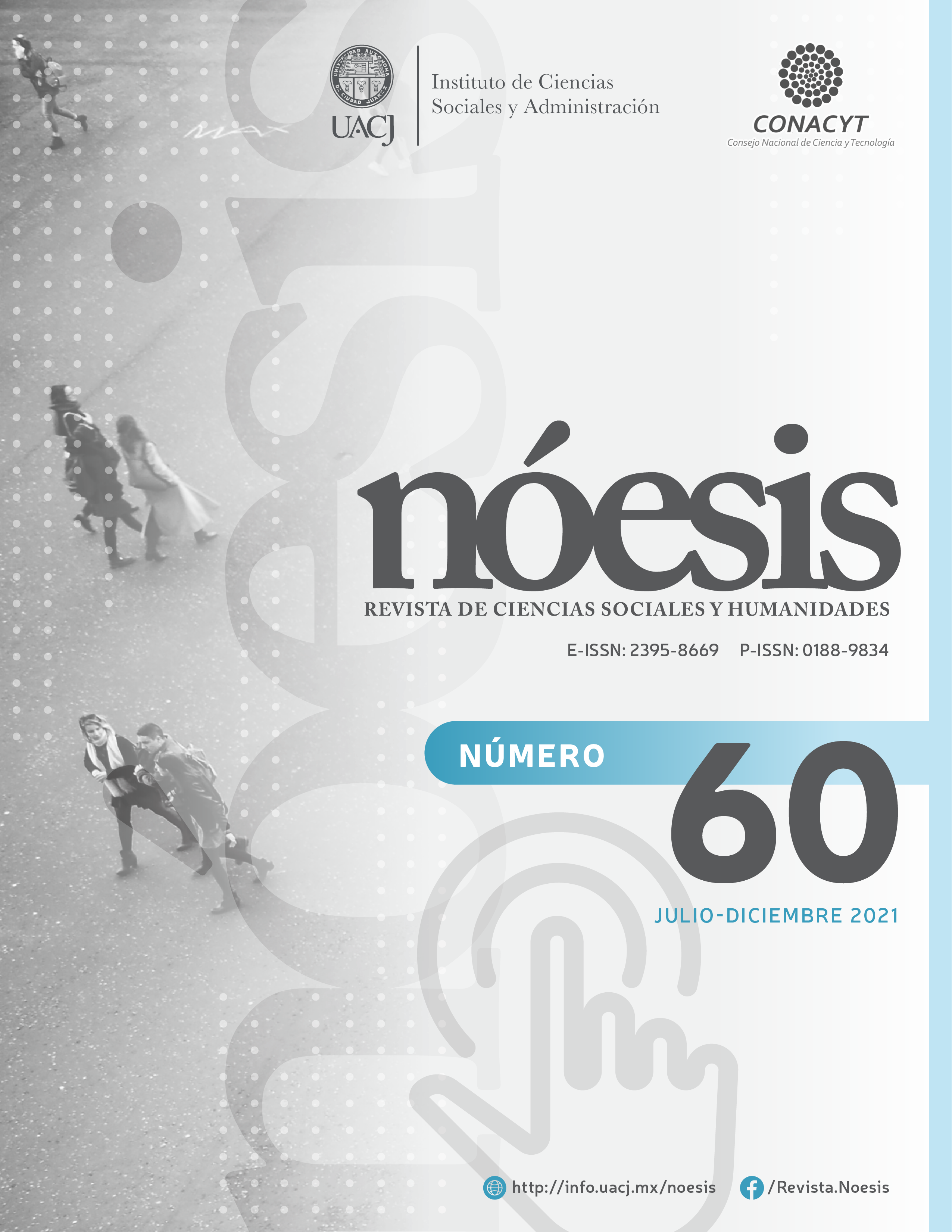Animalic world as a symbol of social marginalization in Faragual y otros cuentos, by Carlos Changmarín
Main Article Content
Abstract
The narrative of Carlos Changmarín, master of Panamanian literature, has spread throughout the Spanish-speaking world through the reading of Faragual y otros cuentos, a collection of stories where some of them such as “La vaca”, “El diario de la Yegua del alcalde","El tigre","El gato" or "Galápago en su concha", show animals as symbolic characters of social marginalization. The rhetorical method is adequate to show the intimate connection between the thought and the statement of each one of the circumstances to which the extreme poverty of the peasant environment borders. The five stories, of realistic stock, are close to a stark naturalism, where the primary needs of man enter in to the picture without appearing to be fiction.
Downloads
Article Details

This work is licensed under a Creative Commons Attribution-NonCommercial-ShareAlike 4.0 International License.
References
Changmarín, F. (1978). Faragual y otros cuentos. Impresora Educativa.
Chevalier, J. y Gheerbrant, A. (1993). Diccionario de símbolos. Herder.
Estrada, A. y Pérez, L. (1983). Textos Literarios II. Tercer semestre. SEP. Preparatoria abierta.
Puccini, D. y Yurkievich, S. (2010). Historia de la cultura literaria en Hispanoamérica. Fondo de Cultura Económica.
REAL ACADEMIA ESPAÑOLA: Diccionario de la lengua española, 23.ª ed., [versión 23.3 en línea]. https://dle.rae.es [Consultado el 2 de agosto de 2020].

